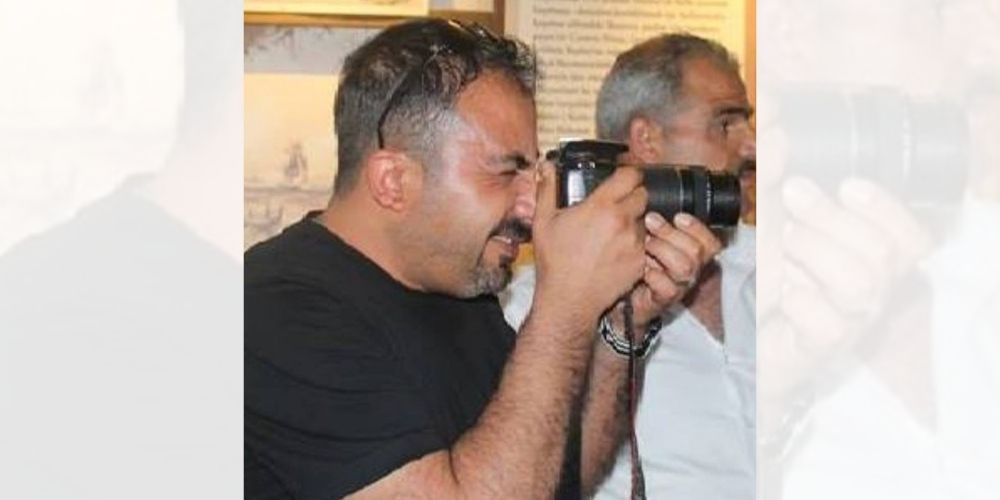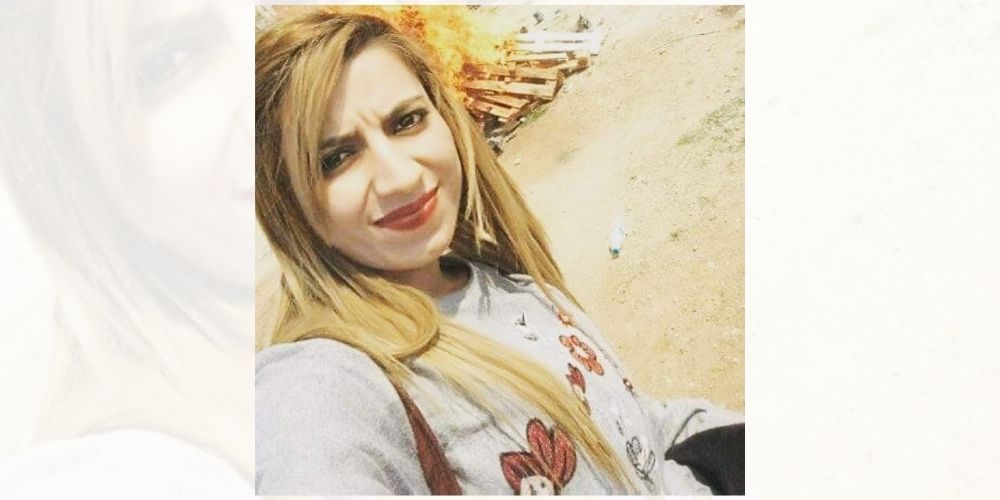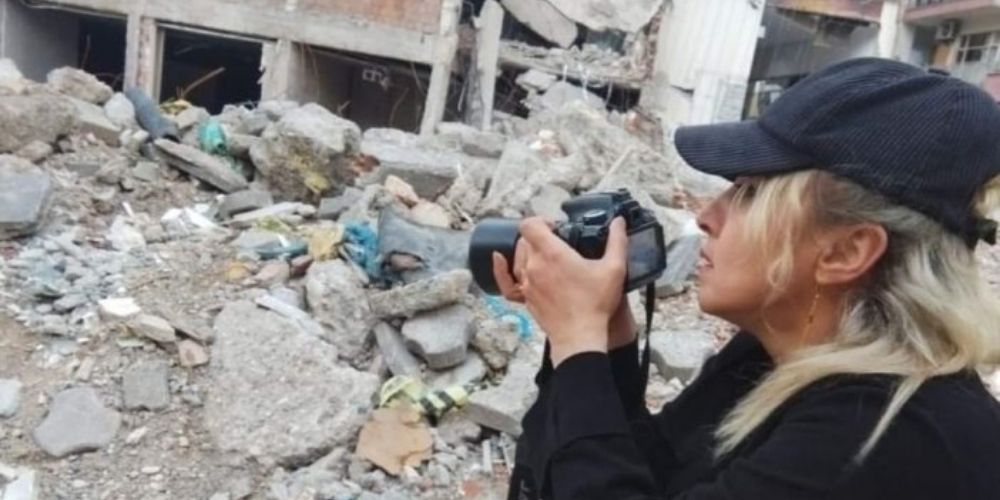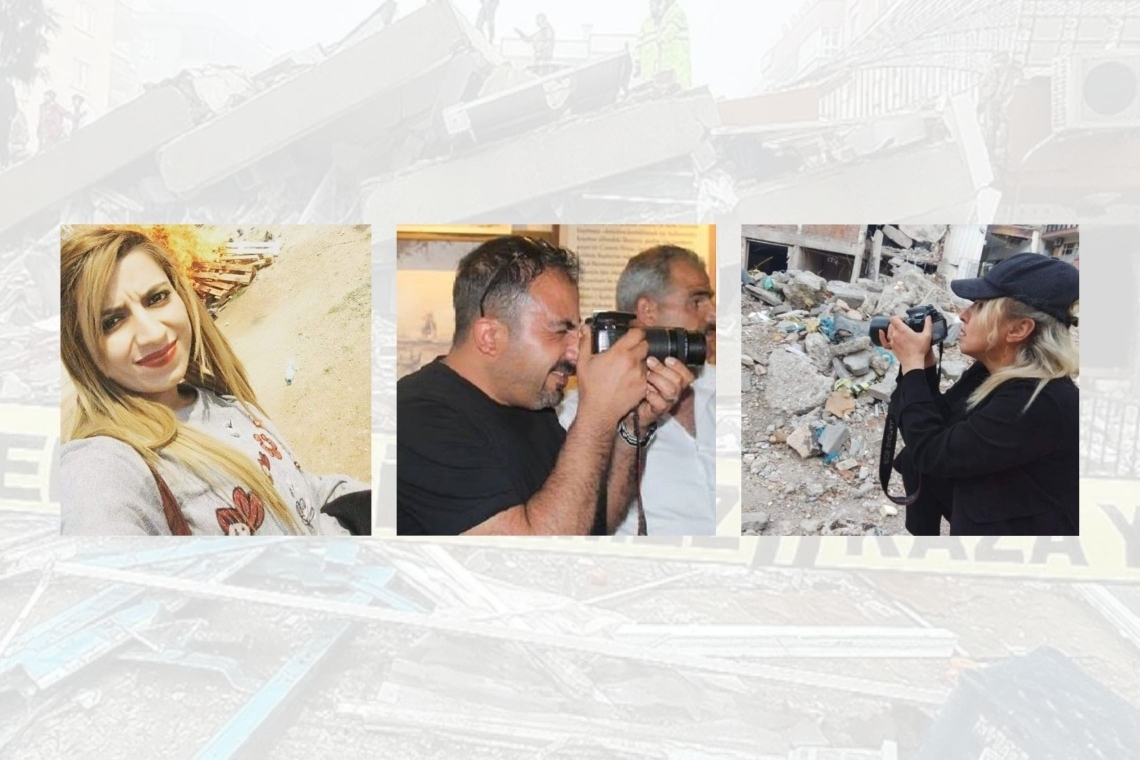Journalists recount their experiences during the February 6 earthquakes in Turkey
The devastating earthquakes on February 6, which struck 11 provinces in Turkey, also deeply affected journalists living in the region. As witnesses to the disaster that claimed over 50,000 lives and injured tens of thousands, local journalists not only reported on the aftermath but also shared their personal experiences during and after the quakes.
Some journalists from Urfa, one of the hardest-hit areas, assisted in search and rescue efforts while covering the disaster. Despite being victims themselves, they continued to report from the field, often in the face of significant challenges. For once, these storytellers became the subjects of the stories they would later tell.
The earthquakes caused massive destruction across cities and communities. Journalists, pushing their fear and grief aside, reported live from the disaster zones. Even a year and a half later, the cities have not fully recovered. The Media and Law Studies Association (MLSA) interviewed several journalists who have been closely following developments in the earthquake zones since the first moments of the disaster. Under the editorial guidance of Burcu Özkaya Günaydın, these journalists will share their accounts of the earthquake, the current state of their cities, and the challenges facing journalism in the aftermath.
Fatma Keber: “Reporting through my phone, I became Urfa's voice”
Fatma Keber, the Urfa correspondent for Gazete Duvar, has remained active on the ground before, during, and after the earthquake. Despite losing her home and having no access to her computer or camera, she continued to report using just her phone.
Living on the third floor, Keber recalls hearing windows shattering and grabbing her children before fleeing the building without shoes or a coat. "It felt like doomsday," she said. "Voices were coming from under the rubble, and people were running in every direction. After securing my children, I immediately started working. For three days, we couldn’t even find bread. It was freezing cold, and everyone was outside. During those three days, I continued reporting for both local and national outlets."
Later, Keber stayed at a friend’s small house, though aftershocks made it difficult to remain there. She eventually relocated to a dormitory run by Turkey’s Credit and Dormitories Institution (KYK). The post-earthquake housing crisis in Urfa left her unable to find permanent housing, leading her to temporarily move into a caretaker's apartment in a public housing complex. Despite the difficult circumstances, Keber continues her work as a journalist in Urfa, often facing resistance while reporting. "People would tell me, ‘don’t take photos, don’t record.’ But I didn’t listen—I became the voice of this city. For the first three days, no one heard us. Now, everyone seems to have forgotten about us and the earthquake, but our problems are still unresolved."
Keber, who has been a journalist for 11 years, initially worked as a preschool teacher before leaving that career to pursue journalism. She studied radio and television programming and has since worked for various local and national outlets. Today, she continues her role as the Urfa correspondent for Gazete Duvar.
Mehmet Er: "We tried to save lives while reporting"

Mehmet Er, news editor for a local paper in Şanlıurfa, recalls February 6 as a day unlike any other. Known for its warm climate, Urfa rarely experiences snowfall, and residents were shocked by the unusual weather that night. What Er remembers most vividly, however, is the panic of fleeing his building with his wife and children.
After recovering from the initial shock, Er rushed to report on the damage. Upon hearing about a collapsed building in the İpekyolu neighborhood, he immediately went there. "The scene was horrific," he said. "Voices were coming from beneath the rubble, and there were only a few firefighters and residents trying to lift the debris. I was filming while also helping with rescue efforts."
Er later learned that the epicenter of the earthquake was Hatay, where his son was attending university. "I was terrified because I couldn't reach him—his phone was off. I finally got in touch through a friend and found out that they had managed to escape from the dormitory. As journalists in the earthquake zone, we were victims too, but we also became the voice of the people."

Tuğba Gök: "I wasn't myself for three days after the earthquake"
Tuğba Gök, a journalist from Diyarbakır who has worked in Urfa for years, was alone at home on February 6 while her four-year-old son was with family in Diyarbakır. She woke up to the violent shaking of chandeliers, unable to walk due to the force of the tremor. "I lived in the Haliliye district, which was hit hard. I was on the top floor, and the shaking was so intense that I couldn’t even reach the door. I somehow made it outside, but I couldn’t grasp what had happened."
For three days after the earthquake, Gök couldn't eat. "All I could think about was seeing my son. I didn’t even think about food, and there wasn’t much available anyway. Everyone was focused on survival. Imagine going through two massive quakes. It didn’t feel like we were alive. All I wanted was to see my son."
Eighteen months later, Gök still panics when aftershocks occur. She remembers covering the rescue efforts at the Osman Ağan apartment building in a live broadcast. "AFAD, soldiers, and volunteers were all trying to help. I’ll never forget a soldier from Hakkâri who saw me broadcasting and gave me his food. The earthquake still feels like it happened yesterday for us. We will never forget."
Despite all the obstacles they faced, these journalists continued to report on the earthquake, ensuring the public stayed informed while grappling with their personal tragedies.




